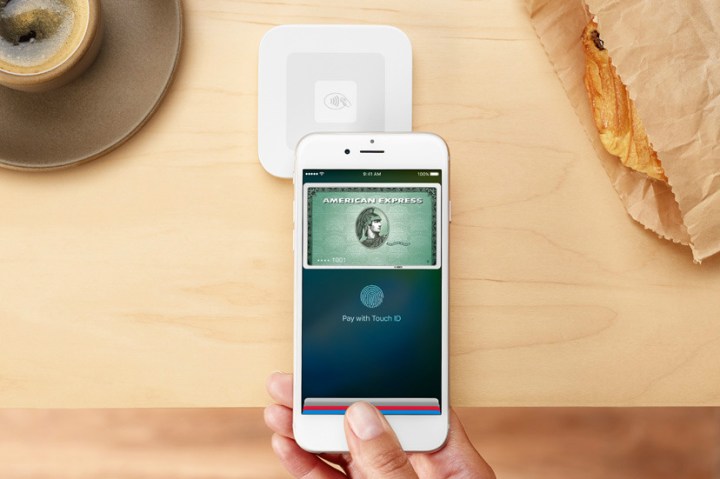
The Cupertino company has rejected the banks’ proposal, and has now filed a complaint to the Australian Competition and Consumer Commission (ACCC). In a formal complaint submitted late last week, Apple claims that giving into the demands of these Australian banks would be extremely detrimental to customers.
Updated on 8-30-2016 by Lulu Chang: Apple formally responds to Australian bank demands
Three of Australia’s biggest banks — the Commonwealth Bank of Australia, National Australia Bank, and Westpac Banking Corp — want their own digital wallets on iOS, but for that they need to be able to use the NFC antenna on the iPhone. In July, these banks, joined by Bendigo and Adelaide Bank, filed a request in July to the ACCC asking for permission to “join forces” and negotiate with Apple to gain access to the NFC antennas.
But Apple doesn’t allow this kind of access, as it reportedly would diminish the security of the smartphone, according to Australian news site Financial Review.
“Apple upholds very high security standards for our customers when they use Apple devices to make payments,” Apple says in its complaint to the ACCC. “Providing simple access to the NFC antenna by banking applications would fundamentally diminish the high level of security Apple aims to have on our devices.”
Moreover, the Cupertino-based giant says, giving into the banks would only worsen an existing virtual monopoly. Apple quoted the ACCC’s chairman, noting, “It’s fair to say that, even though you’ve got four main players, they do have about 85 to 90 per cent of the market share and the competition between them is not as intense as you’d expect.”
Furthermore, Apple says that the banks’ proposal would stymie progress. “The only effect that the proposed collective bargaining/boycott could have is to further delay, or even block, the expansion of Apple Pay in Australia,” the company said in its filing. “This will put a brake on new competition, with respect to digital presentment methods and retail banking services more broadly, by stifling the incentive for existing players to develop innovative new solutions that build upon and compete against the security, privacy and convenience of Apple Pay.”
The banks do not want to forfeit the millions of dollars they would earn through interchange fees — which would go to Apple — but Apple says the banks want Apple to bend to their terms, such as by allowing them to charge people who opt to use Apple Pay. One bank reportedly refused to enter into a confidentiality agreement with Apple for preliminary discussions about terms for participating in Apple Pay.
The ACCC is looking to announce a decision on NFC later this month, but Apple says the commission should wait and extend its review to a six-month period.
And as for the banks, they have responded to Apple’s ACCC filing, with a spokesperson noting that, “Apple’s submission to the ACCC makes it clear that Apple does not want to give iPhone users the ability to choose an integrated third party wallet of their own preference. Unlike users of Samsung and Android, Apple is blocking access to the NFC function and wants to leave iPhone users with no choice but to use Apple Pay. Their submission to the ACCC claims this lack of choice is in the best interest of Australian consumers. The applicants disagree. Instead, they want to negotiate with Apple so there is an opportunity to offer other integrated wallets alongside Apple Pay.”
Supermarket giant Coles has separately expressed its support for the Australian banks. “We believe the ability to tailor solutions for customers and provide them with greater value should be the driver for customer choice and not a technical lockout,” the retailer said in its own submission to the ACCC.
Apple Pay is currently available in Australia, but through limited means. Australians with American Express cards can use the service, but AmEx cards that have been co-branded with banks won’t work. ANZ Banking Group also made a deal to participate in Apple Pay, while reportedly giving some interchange fees up to Apple. The terms of the deal have not been disclosed.
On a similar note, Android Pay launched in Australia recently and while it is compatible with ANZ and more than 25 banks, lack of support from the other top three banks was a noticeable issue. Westpac initially said it would support Android Pay last year, but it didn’t make the cut when the payment service officially launched in July. With this NFC issue now arising with Apple, don’t expect the banks to jump in any time soon.


